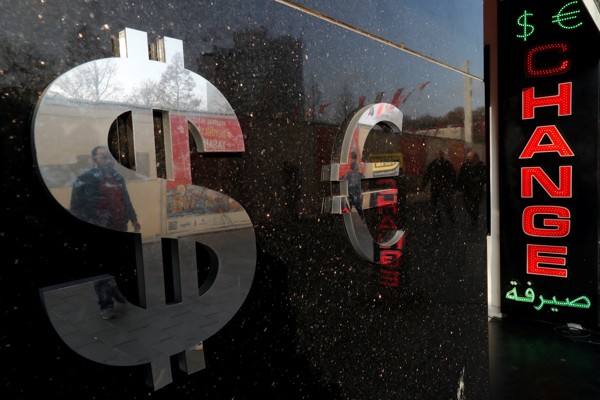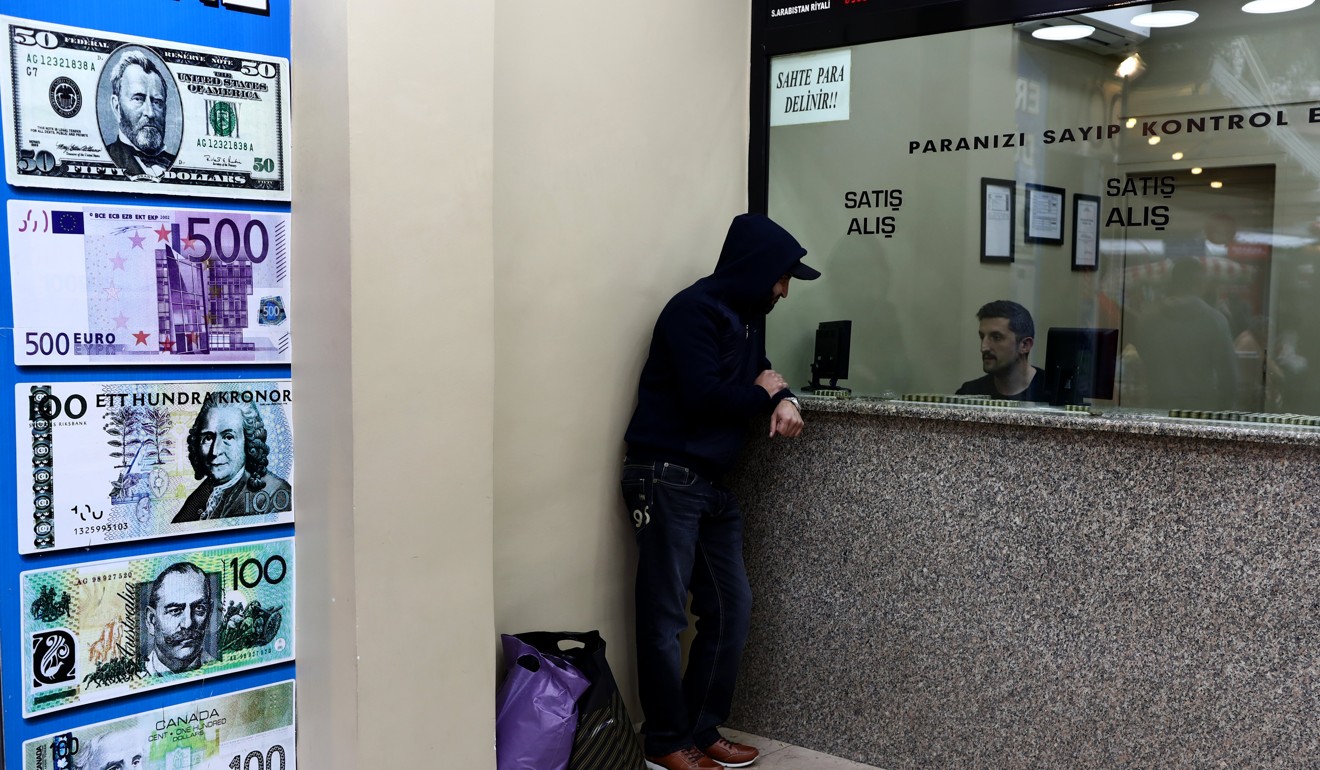
A severely weakened ‘Mutti’ is the last thing Europe needs right now
Germany’s political woes are exacerbating long-standing governance problems in the euro zone and even the Teflon euro is now succumbing to renewed fears about the continent’s resilience
There is no shortage of headaches for investors in the US$5 trillion global foreign exchange markets.
On Tuesday, the krona, Sweden’s currency, fell to its lowest level against the euro since the global financial crisis because of mounting concerns that the country’s red-hot housing market is about to suffer a major correction, making it less likely that Sweden’s central bank will start to withdraw monetary stimulus.
The same day, the lira, Turkey’s currency, fell to a record low against the dollar as international investors fretted about the central bank’s reluctance to raise interest rates to defend a currency that has lost 13 per cent versus the US dollar over the past two months, making it the worst-performing emerging market currency since mid-September.

Europe’s single currency was also under the spotlight earlier this week when Germany, the European Union’s largest economy and the dominant force in European politics, was plunged into a political crisis following the failure of chancellor Angela Merkel’s attempts to form a coalition government.
Yet in a sign of the extent to which sentiment towards Europe has improved since the reform-minded Emmanuel Macron won France’s presidential election in May, the euro remained resilient and is currently stronger than where it stood against the dollar at the start of November.
The bloc’s [EU] economy is expanding at its fastest pace in six-and-a-half years, with the strongest level of job creation in a decade, according to IHS Markit, a data provider, which notes that political uncertainty is ‘weigh[ING] only modestly on business optimism’
Since early April, the single currency has risen nearly 11 per cent and is the best-performing versus the US dollar this year, among the 10 most-traded developed-market currencies.
The euro’s strength is all the more remarkable given the return of political risk in Europe – and in the most important country to boot.
This shows there are other forces buoying the single currency. One of them is the euro zone’s current account surplus, the broadest measure of trade and services, which now amounts to 3 per cent of gross domestic product (GDP). This has turned the euro into a “haven” currency which global investors flock to during periods of risk aversion.
However, the overriding factor behind the euro’s rally is Europe’s robust economic expansion since the start of this year.
While the pound has borne the brunt of the fallout from the United Kingdom’s decision to withdraw from the EU and the dollar has suffered because of concerns about Donald Trump’s crisis-ridden presidency, the single currency has benefited significantly from the euro zone’s rapid recovery.

The bloc’s economy is expanding at its fastest pace in six-and-a-half years, with the strongest level of job creation in a decade, according to IHS Markit, a data provider, which notes that political uncertainty is “weigh[ING] only modestly on business optimism.”
Investors, moreover, remain bullish on the euro’s prospects. The combination of buoyant growth and a reduction in the pace of asset purchases by the European Central Bank next year is fuelling speculative bets on a further appreciation in the single currency.
Yet while the euro may be the best-performing developed market currency this year, it is by no means a one-way bet.
Germany’s severe political woes are exacerbating long-standing governance problems in the euro zone which lay at the heart of the bloc’s financial crisis in 2011-12.
If Europe’s most powerful economy, a country which prides itself on stability and consensus and is a pillar of the post-1945 liberal order in the West (especially after the “Brexit vote” and Trump’s election as US president), is politically divided, the future of the ill-managed euro zone is even more at risk.
The critical thing for Europe is who follows Mutti
Merkel, the EU’s longest-serving leader who is nicknamed “Mutti” (Mummy) by many Germans, has lost her touch and is under pressure to resign as chancellor in order for Germany to form a government.
A severely weakened Merkel is the last thing Europe needs right now and will make it much more difficult for France and Germany – the twin engine of European integration – to agree on the necessary reforms to shore up the euro zone. As MINT Partners, a UK brokerage, rightly notes, “the critical thing for Europe is who follows Mutti.”
Markets may not care about German politics right now given the strength of the country’s economy and the ultra-loose monetary conditions across Europe. But make no mistake, once the ECB ends its QE programme, the euro zone’s unresolved governance problems will quickly resurface, putting renewed strain on the euro. The single currency could weaken sooner if the dollar stages another major rally – a distinct possibility if the Federal Reserve, under its new governor Jerome Powell, turns more hawkish.
Euro bears may have to wait a while but their patience is likely to be rewarded.
Nicholas Spiro is a partner at Lauressa Advisory

